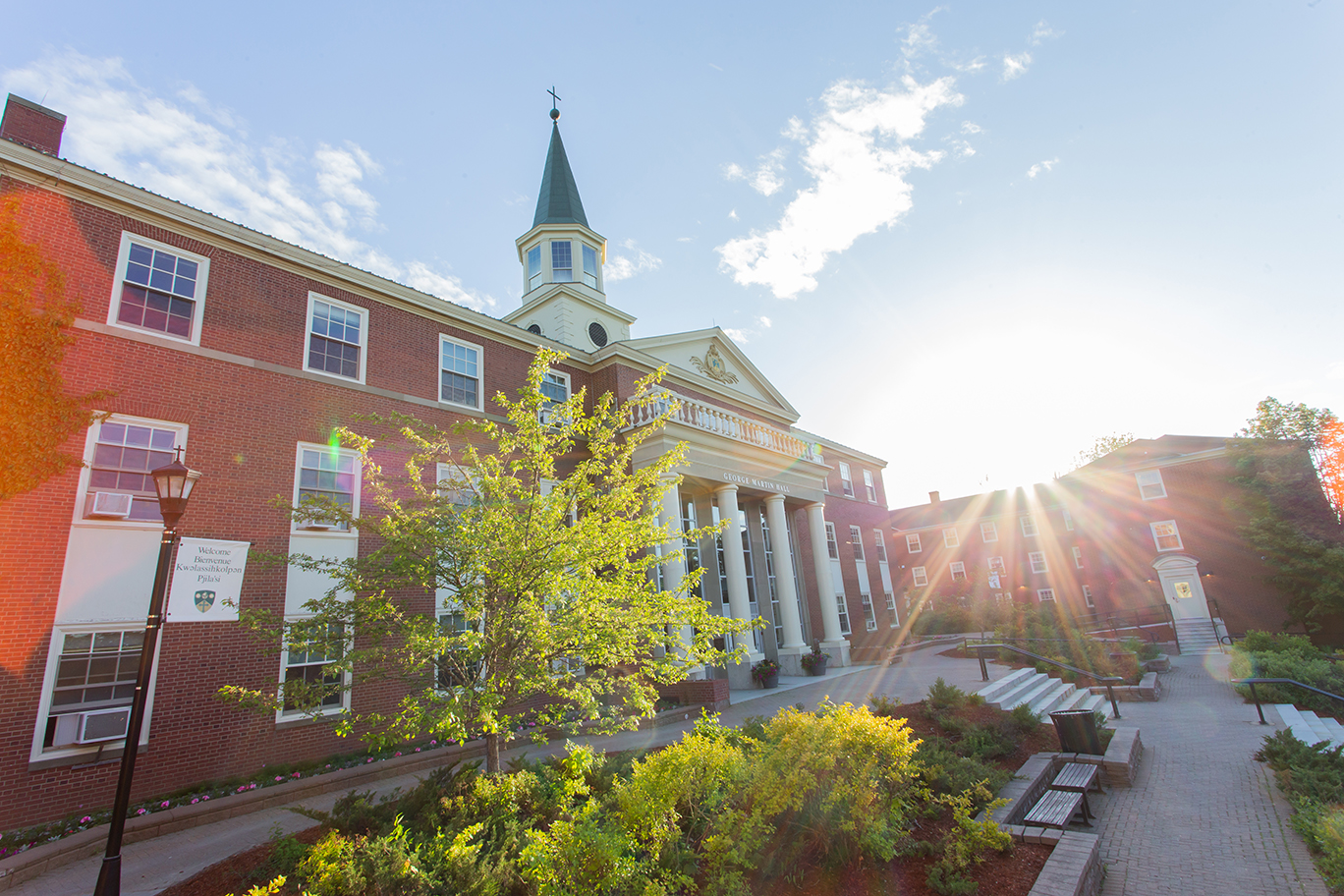Goals of the Liberal Arts
Liberal education is an inquiry into what it means to be human - a quest to understand the rational, spiritual, and aesthetic dimensions of human life. Because St. Thomas University is devoted to open-minded inquiry, it encourages a variety of disciplinary approaches to this quest.
Liberal education is more important than ever. In a culture where image and icon often short-circuit reason, liberal education seeks to free people from thoughtless adherence to the authoritative opinions of their time and place. In an age where information is prepared for massive and quick consumption, liberal education seeks to strengthen the capacity to raise fundamental questions. In an era characterized by enormous pressures to conform, liberal education seeks to inspire the imagination and engage the spirit.
At St. Thomas University, the goals of a liberal education are pursued within a humanistic and Catholic tradition. The University aims to create an academic, cultural, and social environment in which each student can develop:
1. An independent, inquiring mind.
A liberal education teaches people how to think; it does not dictate what they ought to think. It encourages, through independent reasoning and fair-minded inquiry, the recognition of unstated assumptions, the thoughtful reconsideration of received ideas, and the challenging of simplistic generalizations. The liberal arts thus explore controversial and competing ideas in ways that demand informed, careful, and considered judgement.
2. A breadth of knowledge and depth of understanding.
Through both general and specialized studies, a liberal education seeks to stimulate an understanding of the content, methods, and theoretical approaches of different disciplines, as well as a capacity to integrate knowledge across disciplinary boundaries.
3. An awareness of the perennial questions and new challenges confronting humanity.
A liberal education encourages appreciation of the variety and complexity of circumstances and human responses to them in different times and places.
4. A depth and consistency of moral judgement.
A liberal education emphasizes the seriousness and difficulty of moral and ethical issues, and the necessity of examining them thoroughly.
5. An ability to write and speak with clarity and precision.
A liberal education recognizes the connection between clear thinking and effective communication. It fosters the ability to develop sustained, well-reasoned, and clearly-presented arguments.
6. A capacity and life-long desire for learning.
Because liberal education is a process of questioning, rather than a set of answers, it is by definition a life-long project. Liberal education seeks to create in students a love of learning and the capacity to continue their personal and intellectual development long after they have left St. Thomas University.
